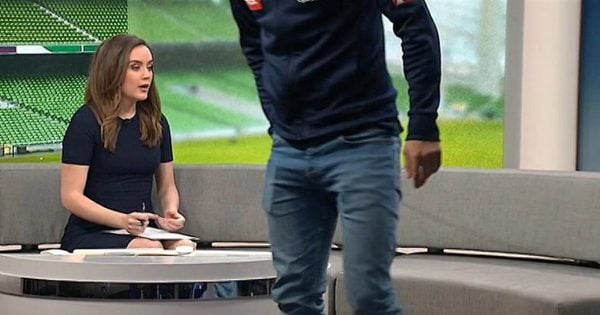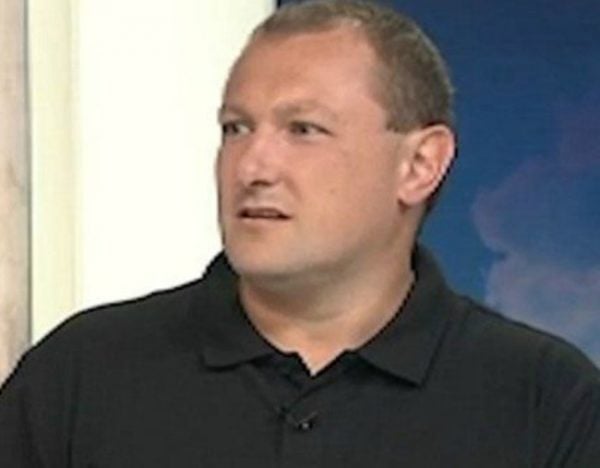Anxiety is a distinctively private experience that sits behind closed bedroom doors and inside small bathroom cubicles.
Until, of course, it manifests itself live on national television.
That’s the funny thing about anxiety. You can’t tell it what to do.
On Tuesday morning, 26-year-old Mitch Austin appeared on ABC News Breakfast to talk about the upcoming A-League football season.
The soccer player, who – as far as we can determine – has never been interviewed on television before, was asked by Georgie Tunny, “You’re kicking off the season in a pretty difficult fashion. How do the club, the players, yourself even, deal with the fallout from last season’s grand final?”
Staring at the floor, through jolted breaths, Austin replied “pretty tough”.
His right leg bounced intermittently, and his hands sat folded in his lap.
“Yeah, um, obviously we’ve gotta… sorry, I just need to go,” he said, before getting up and walking off set, his microphone still awkwardly attached to the lounge.
Tunny’s face dropped.


